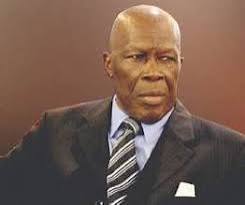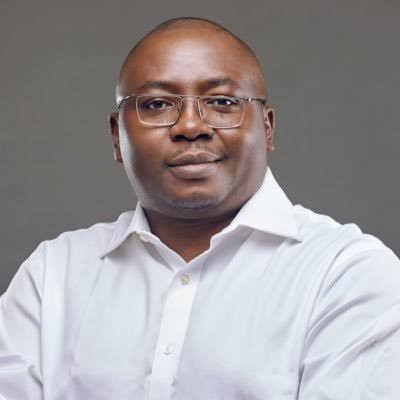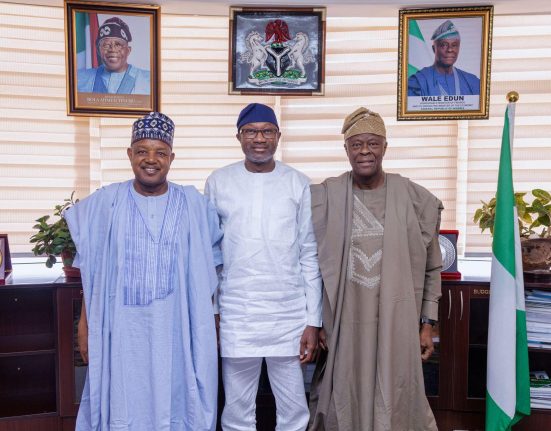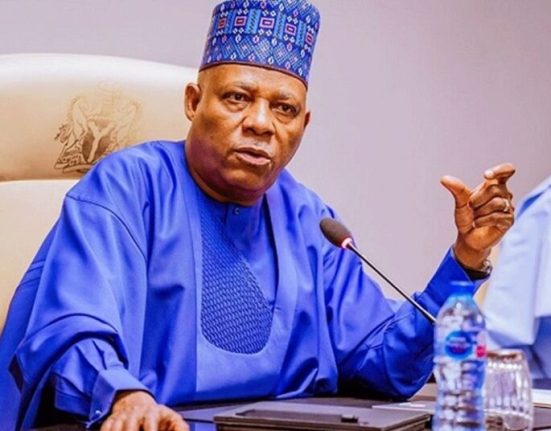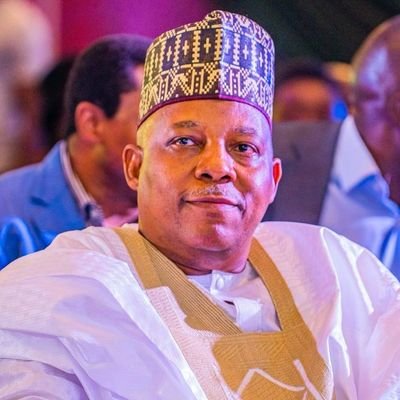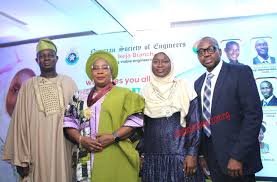The recent decision by the Nigerian Senate to reject a motion aimed at immortalizing the late Professor Humphrey Nwosu, the former Chairman of the National Electoral Commission (NEC), did not come as a surprise to many.
Nwosu, who led the team that conducted the historic June 12, 1993, presidential election, is widely regarded as a champion of democracy in Nigeria. Despite his significant contributions to the country’s electoral process, the Senate’s reluctance to honor him reflects the broader challenges facing Nigeria’s political landscape.
Professor Nwosu’s legacy is deeply intertwined with the June 12 election, which is still celebrated globally as one of the most credible in Nigeria’s history. Although the election’s winner, Moshood Abiola, was never officially declared due to the annulment by the military regime, Nwosu’s leadership and commitment to transparency earned him international acclaim. His electoral commission successfully conducted several elections, including local government, governorship, and national assembly polls, before the ill-fated presidential election in 1993.
The Senate’s decision to block the motion for Nwosu’s immortalization was met with disappointment from many Nigerians. Some senators argued that Nwosu lacked courage for not declaring the election results despite legal and political pressures. However, these criticisms overlook the legal and political complexities of the time. Nwosu had presented the election results to the courts, and his actions were guided by legal principles that protected the electoral process from undue interference. The annulment of the election was orchestrated by powerful figures, including the late General Sani Abacha and former Attorney-General Clement Akpamgbo, as Nwosu himself revealed in later years.
In contrast to the Senate’s stance, President Bola Ahmed Tinubu has praised Nwosu as a “bold and courageous administrator” and a “patriot and national asset.” Tinubu’s tribute highlights the importance of Nwosu’s contributions to Nigeria’s democratic journey and challenges current electoral officials to emulate his commitment to credible and transparent elections. Despite the Senate’s refusal to honor Nwosu, his legacy continues to inspire calls for electoral reform and greater transparency in Nigeria’s political system. The hope remains that future generations will recognize and celebrate his role in shaping Nigeria’s democratic history.

